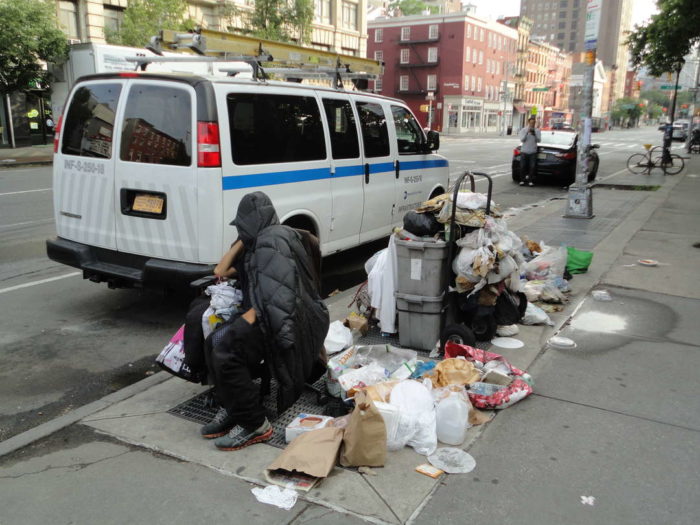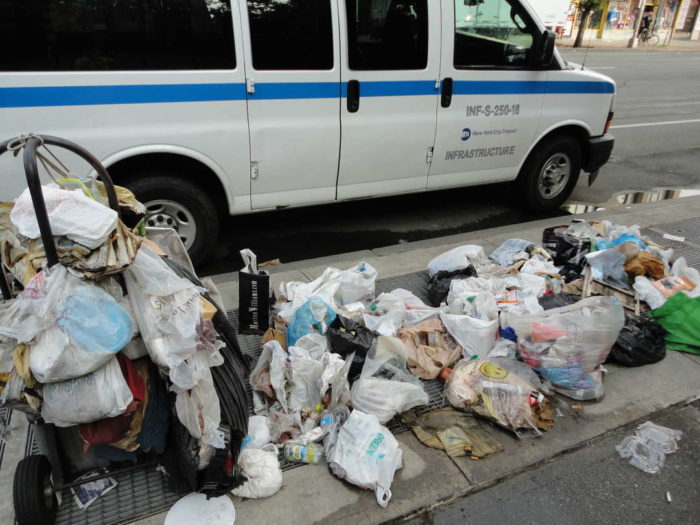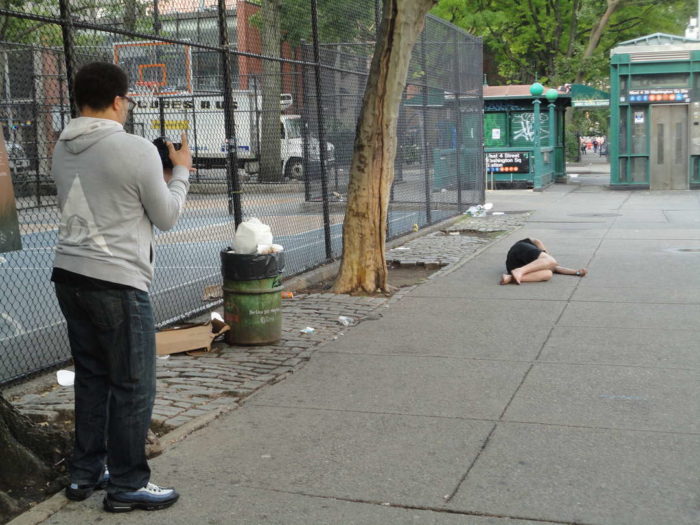Who should decide if public transit should be free? What the answer means for sustainability.
A friend commented that public transportation should be free.
I texted back “I concur.” I’ve considered the issue from many angles before. There are many pros and cons and I’ve concluded the benefits outweigh the costs.
Many agree. “Around 100 cities in the world offer free public transit, the vast majority of them in Europe, especially France and Poland,” according to the New York Times’ piece Should Public Transit Be Free? More Cities Say, Why Not?.
“Nearly 100 cities worldwide offer free public transport” agrees Nature’s piece last week, Degrowth can work—here’s how science can help.
“Countries with area-wide zero-fare transport” is a small but growing section in Wikipedia’s Free public transport page. There are tons of articles on the growing trend.
Drawbacks
Wikipedia first item on the list of drawbacks seems the main one for me, at least for New York City:
An increase in vandalism, resulting in increased costs for security and vehicle-maintenance
If you saw the near-daily wreckage of vagrancy, litter, encampments, and other effects of addiction and poverty at the West Fourth Street station, closest to me, you’d include those problems too. I’ve written and shown pictures and videos at length of the wreckage in Washington Square Park resulting from addiction. This station is the closest, so there’s a trail of waste between them.
To clarify, a lot of the addiction is to hard drugs like fentanyl, meth, crack, and heroin, but I see as much of it from doof, meaning from everyone, not just addicts to the illegal stuff. Driving it is addiction pushers like Starbucks, Coca-Cola, Anheiser-Busch, Gatorade, the cheap pizza place, and their peers.
Here’s a picture near one West Fourth Street entrance, next to a couple subway maintenance vans.

From a couple other angles:


Here’s someone sleeping nearby, with the subway entrance in view:

It seems a fair fear that making subways and buses free would increase the vagrancy, litter, encampments, and other effects of addiction and poverty.
Who Chooses?
Should we not make subways and buses free because of this risk?
I emphatically answer no. That is, we should not let that fear stop us. Other risks could be deal breakers, but not that one.
If we stop ourselves because of them, then they become the deciders. I see no benefit in letting addicted people make large-scale civic choices for everyone else (though today, nearly everyone is addicted to doof). If making transit free exacerbates the problems addictions bring to the free subway, then I believe we should still do it, then solve that issue as it arises.
That is, until we see how the problem manifests—actually, not theoretically—we can imagine infinite ways it could and no one can solve all infinite conceivable manifestations. We’d never start.
By contrast, when or if it manifests, we’ll solve the way it actually does, not having to worry about the other infinitude. The only reason not to try this way is if we think the actual manifestation would likely be absolutely impossible to solve.
The application to sustainability
I have found this approach applies to sustainability. Give a team of engineers and economists a budget in time and money to solve a hard problem like sustainability and they will use up all of both and say they need a bit more to solve the rest.
On the other hand, when I see a sustainability challenge and know the problem won’t kill me, I face it and overcome the problems as they arise. That’s how I went from filling garbage loads in a week to over three years, to not flying since 2016, and to disconnecting my apartment from the electric grid and surviving into what will be my eighth month in four days.
Read my weekly newsletter

On initiative, leadership, the environment, and burpees